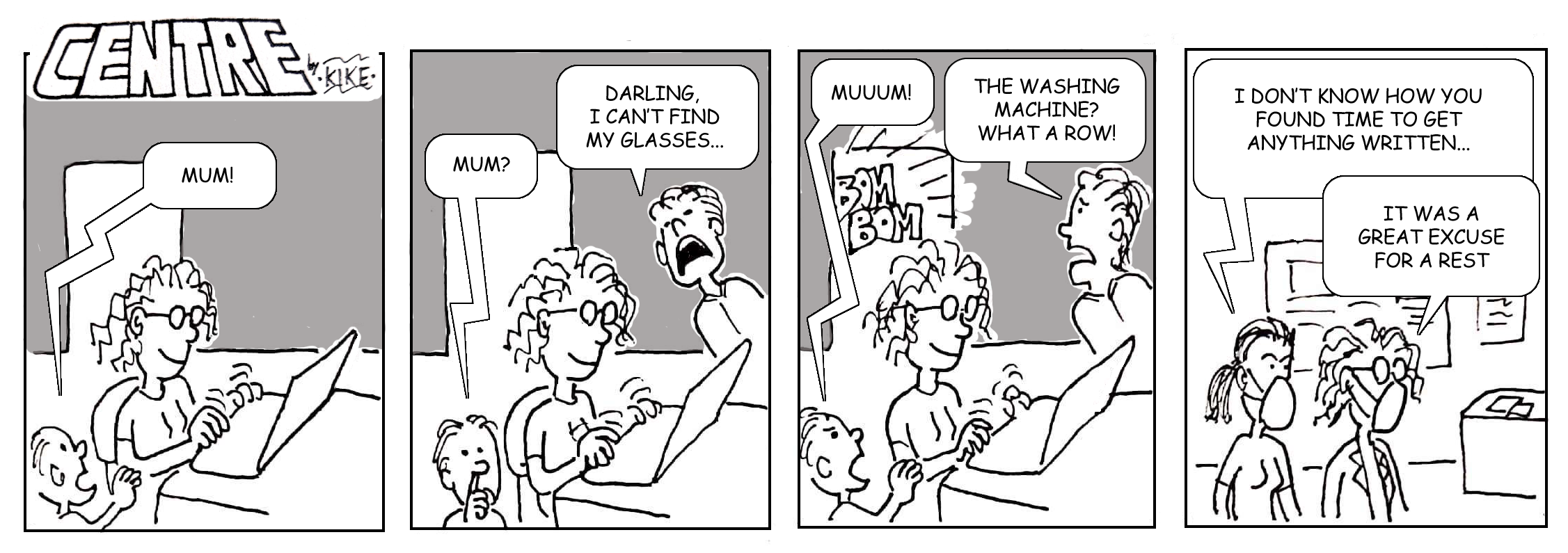Climate change, deforestation and fires are changing the Amazon Rainforest’s scent
For a long time now, scientists have been describing nature’s scents on the basis of measurements of their main ingredients, volatile organic compounds (VOCs). Emitted by plants, fungi, bacteria and all animals for communication purposes, such compounds are a form of language.



